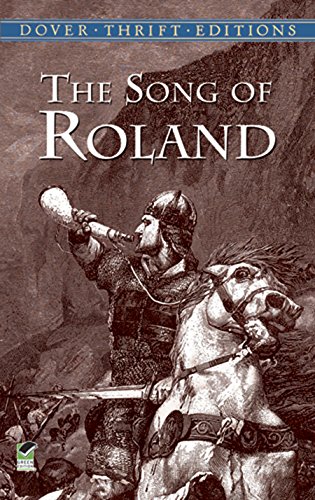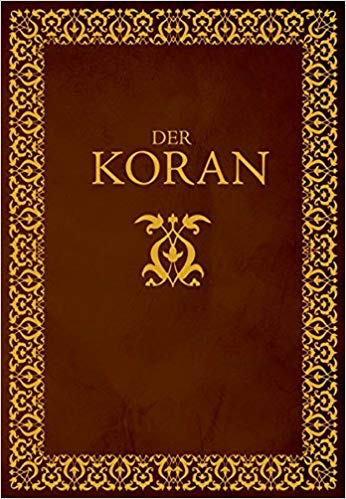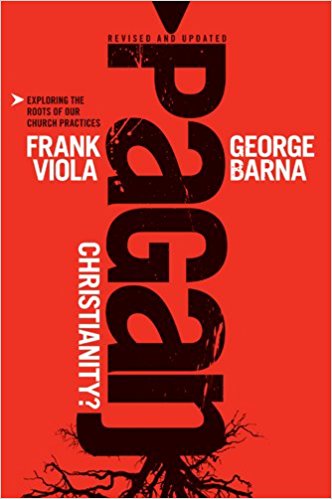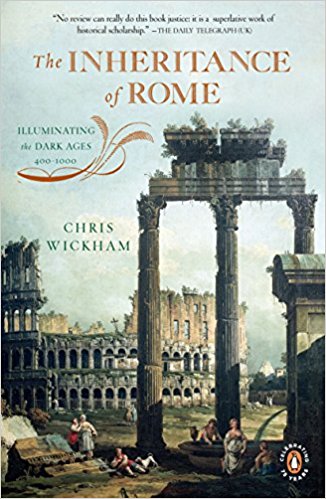|
The Song of Roland
Unknown Author Published between 1040 and 1115 4000 lines of Poetry Thibault’s Score: 3/5 The Song of Roland is a French Epic Poem that depicts the Battle of the Pass in 778 between the Spanish Muslims and the Franks. The story begins in a Mead Hall where Charlemagne is drinking with his knights. There, he explains that he has plans to declare war on the Muslims, and invade Spain unless the Moors convert to Christianity. The messenger, who has to go to the king of the Moors, is embarking on a suicide mission, as the news is likely to enrage the Caliph. All the knights volunteer to go, and even fight amongst themselves over the right to go on the suicide mission. Finally, a knight is chosen, and goes to the Muslim king. He gives the Muslims an ultimatum: convert to Christianity and receive half of Spain, or die by the swords of the Christians. Predictably, the Caliph is enraged, kills the messenger, and war between the Spanish Muslims and Christians begins. Roland and several other knights, including an Archbishop who apparently fights on a horse, go to an area north of Marseilles to confront the Muslim army. There, they make a last stand defending a pass, and get utterly annihilated. When they realize that the battle is futile, they wonder whether to blow into a horn and alert Charlemagne, but face dishonor or not blow the horn and condemn Charlemagne to death. They compromise, and decided to blow the horn, but fight to the death. Charlemagne and his trips find the bodies of Roland and the others, then annihilates the Muslim. I learned a lot and enjoyed reading the poem. Most importantly, I learned that Medieval Christians basically behaved like Klingons. However, I found the language and translation to be incomprehensible without reading the Wikipedia page and using other online resources. It is a very difficult read, and for that reason, I recommend just reading the cliff notes instead.
0 Comments
The Koran
by the Prophet of God, Mohamed Published in 632 AD 464 Pages Thibault’s Score: 5/5 The Koran is essential reading for anyone who wants to understand Muslims and Islam. A lot of things surprised me about it. First, I didn’t realize how similar it was to the Old Testament of the Bible. The Koran mentions Abaraham, Adam, Jesus, and many other biblical figures. The style of writing is also very similar, at least in the version I read which was translated into English. Many details shocked me. First, I was surprised the belief in Genies was enshrined in the Koran. There are numerous passages that make it clear that not only do Muslims believe in Genies, but these Genies can go to hell or heaven just like humans. A lot of things in the Koran seemed very strange to me, a modern reader. For example, there are laws specifying how many vaginal periods a woman must wait before remarrying after a divorce (4) or how many she must wait before remarrying after her husband’s death (3). Despite what a lot of conservative right wing Western authors have written, I didn’t find the content of the Koran to be particularly more barbaric than the content of the Bible. Like all Abrahamic religions, the focus of Islam is horrible people doing horrible things to good people. The main difference is that Islam preaches self defense of violent survival by any means to its followers, which I think is a good ideal to have. The Koran has many verses praising the virtues of warriors. There is a quote that roughly translates as “men who displease God and do not fight will be replaced by other men more loyal to God.” The demographic changes in Europe make a lot of sense in this light: weak European men who are afraid of kicking out the Muslims by force are being replaced by Muslims who are strong and unafraid. I appreciated the ruthless nature of the Koran, and have learned a lot about Islam. I recommend that everybody who is interested in Islam, Muslims, or the Middle East read the Koran and also read accounts of Mohamed’s life written by his followers to put the text into context. Pagan Christianity
by Frank Viola and George Barna Published in 2012 336 Pages Thibault’s Score: 2/5 After reading the first 2 chapters, I put the book down, and quit reading it. I expected this book to be similar to the many other historical books I had read: focused on a specific historical narrative. Instead, this book is a religious text written by authors who have fringe religious views. The book’s purpose is not to illustrate a moment in history, and let the reader draw their own conclusions. Instead, it is written with the intention of promoting a Christian cult and “the organic church.” The author argues that many Christian rituals are adapted from Paganism, and thus shouldn’t be practiced by true believers. Finally, I noticed that this book had been classified under “Religion and Spirituality” on iTunes instead of “History.” The Inheritance of Rome: Illuminating the Dark Ages 400 - 1000
by Chris Wickham Published in August 2010 688 Pages Thibault’s Score: 3/5 Chris Wickham wrote “The Inheritance of Rome” to create a broad historical overview of the history of Europe and the Mediterranean during the years 400 AD - 1000 AD. As Wickham points out in the first chapter, due to the lack of sources and lack of modern scholarly interest, no other books surveying that period had been written in decades. The Inheritance of Rome is truly broad in scope. It covers everything from life in the late Roman Empire, to the barbarian invasions, to the rise of Islam, to Charlemagne, to the Vikings. Although I learned a lot from the book, and find the period being studied to be fascinating, I don’t recommend it to anyone who isn’t deeply curious about the period. I found the work to be both too general and broad in scope, but also too specifically focused on addressing the critiques of other modern scholars. Wickham spends a lot of time refuting grand historical theories that I haven’t heard of. For example, he devotes a lot of ink to refuting the notion that the barbarians completely rewrote and “Germanized” Europe. I would have preferred if he would have spent less time refuting other scholars and theories, and more time expanding his own. The book is incredibly long, as any book covering this period should be. It got quite dull at times, and I found myself frequently lost in the endless tangles of faceless Medieval kings and bishops. This book also does a great job at covering time periods that are extremely obscure. For example, I enjoyed reading about the rise of Charlemagne. Wickham makes it very clear that Charlemagne was not unique, and was walking in the footsteps of the reformers and conquerers that preceded him. My most important takeaway from this book is that the series of events that has been labeled as “the fall of the Roman Empire” wasn’t really a fall. There was no clear breaking point with the past. Instead, Roman society slowly evolved into Medieval Europe, and the people living at the time had no conception or realization that the Roman Empire had fallen until Charlemagne attempted to artificially revive the empire. Overall, I don’t recommend this book to anyone who isn’t specifically a scholar of the period being studied. Combined with my prior knowledge of the period, I enjoyed Wickham’s attention to following the continuity of institutions across the ages. Few books that I have reviewed can so easily be classified as a “3/5,” falling right in the middle of the pack. |
Thibault SerletMost of my articles are book reviews, but I also write about many other topics. Archives
December 2023
Categories |




 RSS Feed
RSS Feed